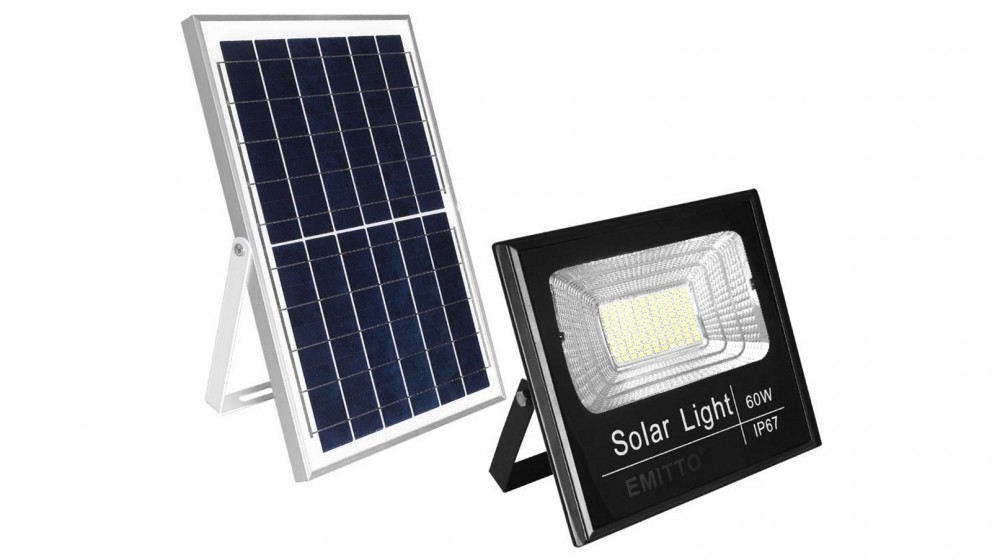Illuminate Your Outdoors with Solar Lights: Eco-Friendly and Cost-Effective Solutions
In an era where sustainability is becoming increasingly important, solar lights have emerged as a popular and practical choice for illuminating outdoor spaces. Harnessing the power of the sun, these eco-friendly devices offer a cost-effective solution to lighting up your garden, patio, pathways, and more. In this article, we will explore the many benefits of solar lights, discuss the different types available, provide installation tips, and offer maintenance suggestions to help you create a warm and welcoming ambiance while minimizing your environmental impact.

Benefits of Solar Lights
Solar lights bring numerous advantages that make them an excellent choice for outdoor lighting. Here are some key benefits:
Energy Efficiency: Solar lights rely on solar panels to convert sunlight into energy, making them highly energy-efficient. They do not require electricity from the grid, reducing your reliance on traditional power sources and lowering your energy bills.
Environmentally Friendly: By utilizing clean and renewable energy from the sun, solar lights produce zero emissions, helping to combat climate change and reduce your carbon footprint. They contribute to a greener and more sustainable future.
Cost-Effective: Once installed, solar lights operate free of charge, utilizing the sun's energy to power their illumination. This eliminates the need for wiring, trenching, and additional electrical components, resulting in long-term cost savings.
Easy Installation: Solar lights are generally easy to install, as they do not require complex wiring or connection to the electrical grid. They can be placed in desired locations without the need for professional assistance, saving you time and money.
Versatility: Solar lights come in various designs, styles, and sizes, making them suitable for a wide range of applications. From decorative garden lights to functional security lights, there is a solar-powered solution to suit every outdoor lighting need.
Types of Solar Lights
There is a diverse range of solar lights available, each designed for specific purposes. Here are some popular types:
Solar Path Lights: Ideal for illuminating pathways and walkways, these lights are usually small and stake-mounted. They provide subtle lighting and help guide your footsteps, enhancing safety and aesthetics.
Solar Garden Lights: These lights add a touch of enchantment to your garden or backyard. Available in various designs, such as lanterns, string lights, and decorative stakes, they create a magical ambiance for evening gatherings or quiet moments of relaxation.
Solar Flood Lights: Offering bright and intense illumination, solar flood lights are suitable for enhancing security or highlighting specific areas, such as entrances, driveways, or outdoor signage. They often feature motion sensors for added functionality.
Solar Spotlights: Similar to flood lights, solar spotlights are designed to focus on a particular spot, such as a tree, statue, or architectural feature. They are adjustable and allow you to direct the light precisely where you want it.
Solar String Lights: Perfect for creating a festive atmosphere, solar string lights come in various colors and shapes. They can be draped over trees, fences, or pergolas, adding a whimsical touch to your outdoor events.
Installation and Maintenance Tips
Installing solar lights is a straightforward process. Here are a few tips to ensure optimal performance and longevity:
Choose the Right Location: Place your solar lights in areas that receive ample sunlight during the day. Avoid shading from trees, buildings, or other obstructions that could limit their exposure to sunlight.
Clean Solar Panels Regularly: Dust, dirt, or debris can reduce the efficiency of solar panels. Clean them periodically using a soft cloth and mild detergent to ensure optimal energy absorption.
Replace Rechargeable Batteries: Over time, the rechargeable batteries in solar lights may lose their capacity. If you notice a significant decrease in illumination time, replace the batteries with new ones to restore performance.
Check for Obstructions: Ensure that the light sensors, located on the solar panels or light fixtures, are not obstructed by debris or foliage. Clear any obstructions to allow proper functioning.
Seasonal Adjustments: During seasons with shorter daylight hours, it may be necessary to relocate or adjust the positioning of your solar lights to ensure they receive adequate sunlight for optimal performance.
FAQs about Solar Lights
Q: How long do solar lights typically last?
A: With proper maintenance, solar lights can last for several years. However, the lifespan may vary depending on the quality of the product and its components.
Q: Do solar lights work in cloudy weather?
A: While solar lights are designed to harness sunlight, they can still charge and function to some extent on cloudy days. However, their performance may be reduced compared to sunny days.
Q: Are solar lights suitable for all climates?
A: Solar lights can be used in various climates. However, extreme weather conditions, such as prolonged freezing temperatures or heavy snowfall, can affect their performance. It is advisable to check the product specifications for specific climate recommendations.
Conclusion
Solar lights offer an eco-friendly and cost-effective solution to illuminate your outdoor spaces while reducing your carbon footprint. With their energy efficiency, easy installation, and versatility, solar lights have become increasingly popular among homeowners seeking sustainable lighting options. By harnessing the power of the sun, you can create a warm and welcoming ambiance in your garden, patio, or pathways without relying on traditional electricity sources. Embrace the benefits of solar lights and take a step towards a brighter and greener future.

Comments
0